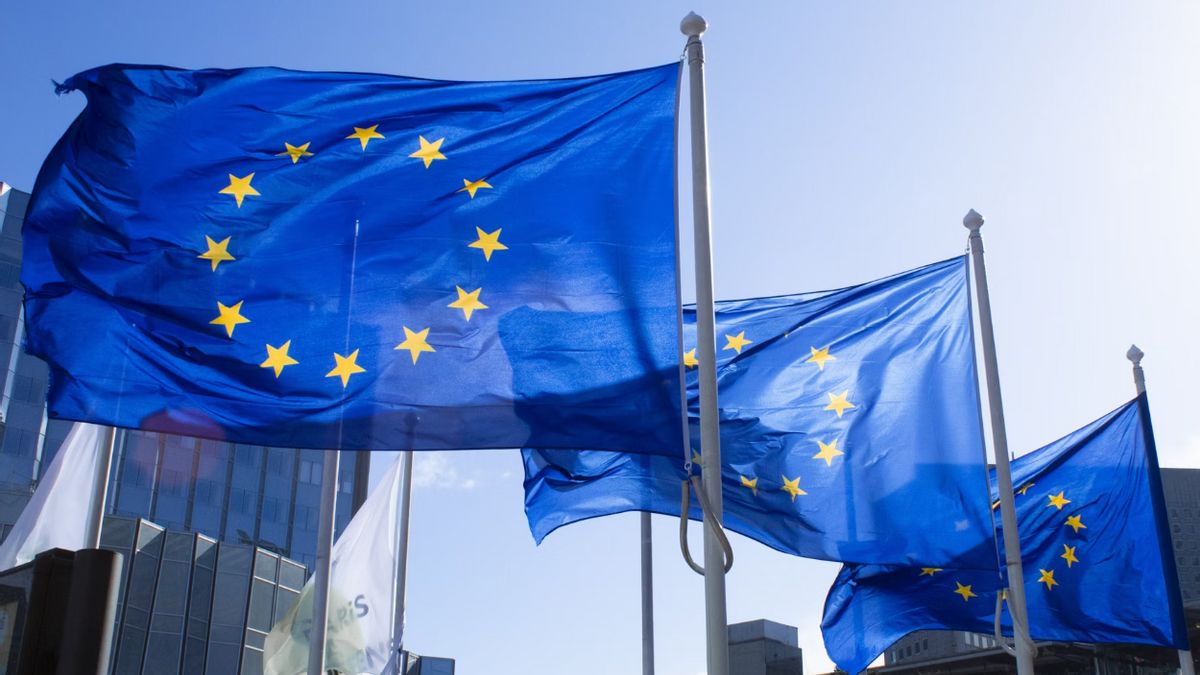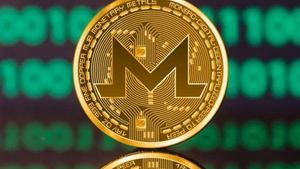JAKARTA - The European Union (EU) has taken bold steps in its global regulatory efforts by introducing a legislative package focused on anti-money laundering (AML) measures. This step not only targets crypto assets but also limits cash transactions significantly.
According to European Parliament member Patrick Breyer, the majority of the committee has approved this new law, which prohibits unnamed crypto payments and limits cash payments to 3,000 euros (approximately IDR 47,385,000), with a total ban on transactions above 10,000 euros (approximately IDR 157,950,000).
The policy is designed to ensure that all crypto transactions involving fully-hosted wallets are traceable, eliminating anonymity even for small transactions.
SEE ALSO:
This is a response to growing concerns about money laundering, financing terrorism, and tax evasion. On the other hand, these measures have sparked heated debates over individual privacy and freedom, with some worrying that these regulations could threaten the privacy rights of European citizens.
This new regulation is scheduled to be fully enforced within three years. Even so, there is a possibility that this regulation will be implemented in a faster time.
According to Coincu, the crypto community is particularly concerned about the extent to which an anonymous payment ban will be applied, including whether this will apply to all cryptocurrencies or simply classified as privacy coins.
As the EU moves forward with the enforcement of this anti-money laundering law, questions about its impact on financial and privacy freedom are becoming increasingly important. This decision also sparked widespread discussions among the crypto community, highlighting the difficult balance between the need for regulatory oversight and individual rights in the digital era.
The English, Chinese, Japanese, Arabic, and French versions are automatically generated by the AI. So there may still be inaccuracies in translating, please always see Indonesian as our main language. (system supported by DigitalSiber.id)
















